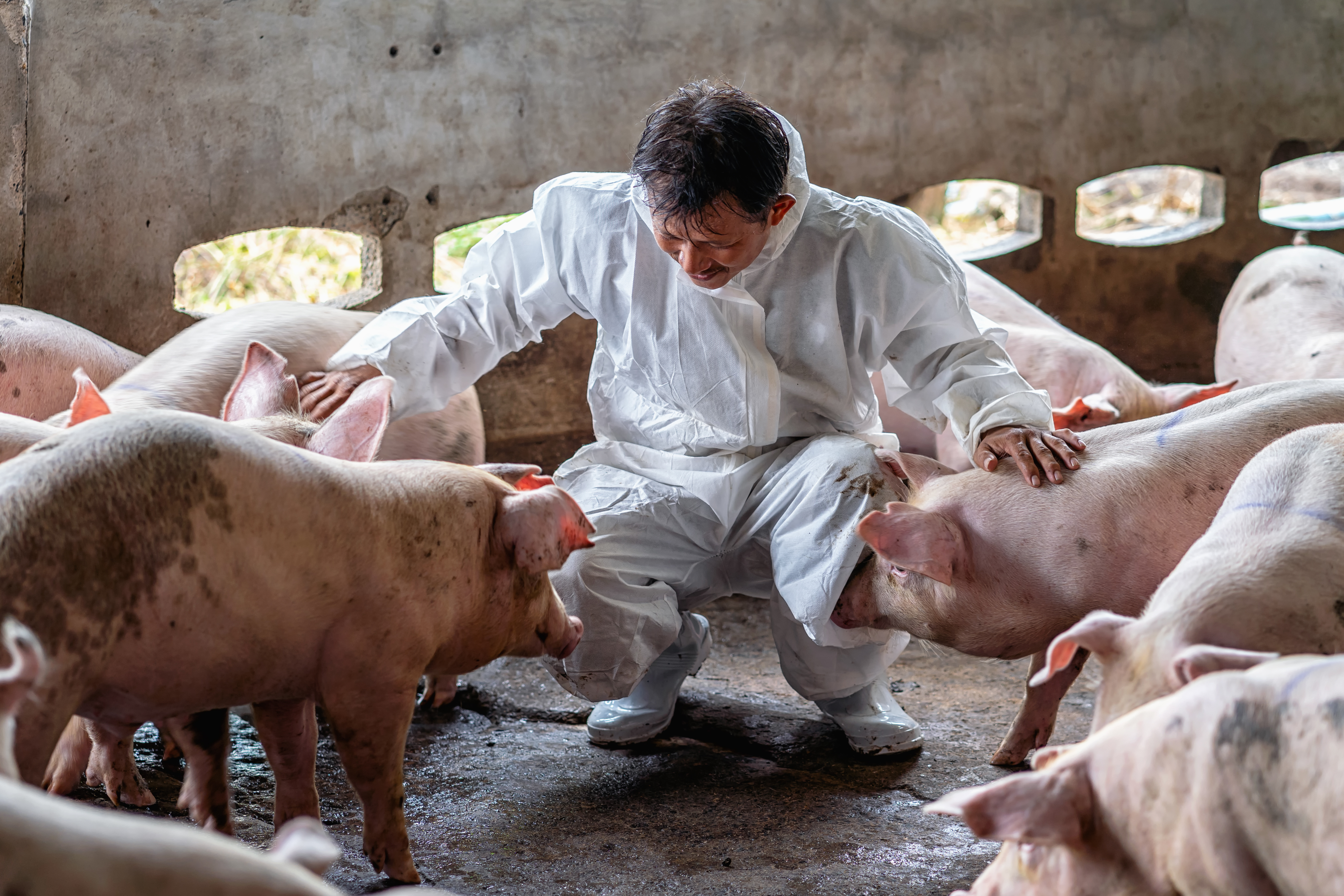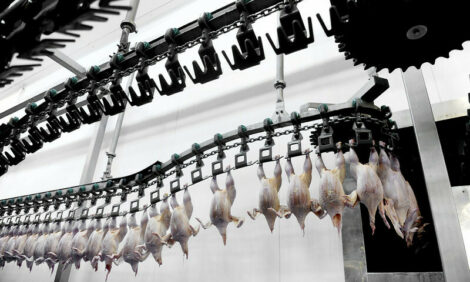



Thai pig producer set to build bigger, cleaner farms in wake of African swine fever
Charoen Pokphand, one of China's top five pig producers, is speeding up expansion of its business after the year-long outbreak of ASF has devastated the Chinese pig industry, worth $140 billion.The company, part of Thai conglomerate Charoen Pokphand Group, plans to raise 10 million pigs a year by 2021, up from 4 million currently, Bai Shanlin told Reuters in an interview.
That comes after an epidemic of African swine fever broke out in China in mid-2018, decimating the world's largest hog herd and reducing its breeding population by 37 percent since the first cases were discovered, according to official data.
The virus infected several of C.P's farms, with some of its smaller, older farms susceptible to the virus because they did not have adequate biosecurity, such as truck washing facilities, or were located in areas ravaged by the disease, said Bai.

Bai's comments were a rare admission by a listed farming company in China that the virus has entered its herds.
The company, which started out as a feed supplier in China, moved into pig production about 10 years ago after an outbreak of a disease known as "blue ear" or PRRS.
Blue ear hit China's pig herd hard and sent a strong signal that China's traditional farms need to be replaced by intensive systems, Bai said.
C.P. is China's fourth- or fifth-largest producer but accounts for only a tiny share of the 700 million pigs slaughtered every year.
More than 90 percent of China's farms still need to be upgraded, Bai believes.
C.P. lost "less than 10 percent" of its sows to African swine fever, leaving it with 250,000 productive sows, he said.
The infected farms will be repopulated soon, starting with a farm in Shenyang in northeast Liaoning next month, followed by another in Dongying in northern Shandong province, he said.
Both of the farms previously had 2,400 breeding sows.
Repopulating infected farms is a hot topic in the industry, with Beijing urging producers to rebuild their herds as pork prices soar on a shortage of supplies.
But putting pigs back into farms touched by the disease is "a risky investment", Bai said.
African swine fever, which spreads through blood, faeces, and other fluids, can last for months on farm surfaces or equipment that has not been properly cleaned.
Despite now being endemic in the country, the virus can be prevented, and could be less risky than some airborne diseases such as Porcine epidemic diarrhoea (PED) virus that are more contagious, said Bai.
Losses of only 4 percent among 200 sow farmers that breed pigs for C.P. under contract prove the disease is preventable, he said.
That is important, given that a vaccine against the disease could still be years away.
C.P. has been approached by government researchers to participate in tests of a vaccine prototype, but it is reluctant to join in until there is more evidence, said Bai.
The company has already secured the land and budget to feed, raise and slaughter another 6 million pigs a year, he said.
"We build our own sow units, finisher units, dedicated transport and slaughter systems, and include crop land," he said, giving the company oversight of the whole supply chain to counter the continued threat of African swine fever.
The company operates three large slaughterhouses and is building three more. It is leasing space in other facilities as well, Bai said, to lift its slaughter rate from just half of its pigs currently.
"We have been transforming the system but this disease has really pushed us to move faster," he said.






